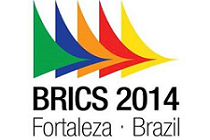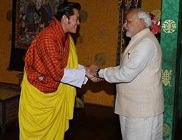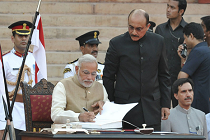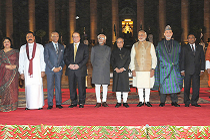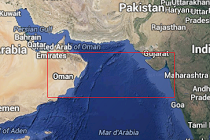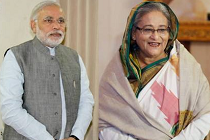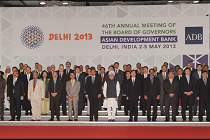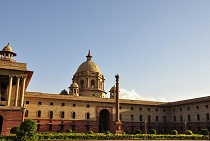Mandate for BRICS Bank
Brazil is all set to host the 6th BRICS Summit from July 15. In light of the fact that most developing nations have concerns over the pro-western bent of the World Bank and the IMF, the BRICS initiative of setting up of a Development Bank needs to gain momentum and the nations should finalise the mandate on a priority basis

